Cats might like us to think that they’re untrainable, but the truth is that most cats enjoy short training sessions! The best time for them to learn is when they are still young, so beginning when your pet is a kitten is a great idea.
Whether you’re hoping to persuade your kitten to stay off the kitchen counters or to teach them fun tricks to impress your friends, check out this list of the top 10 ways to train a kitten.

The 10 Ways You Can Learn How to Train a Kitten
1. Stock Up on Treats
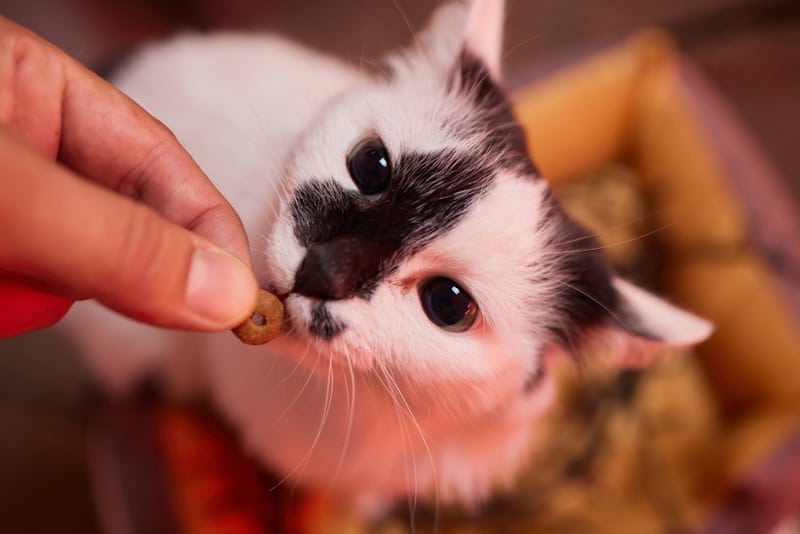
Kittens are often food-motivated, so using treats as a reward for positive behavior is an excellent way to capture your kitten’s attention. Make sure you always have plenty of treats at hand, and use verbal praise when your kitty gets something right.
2. Use Clicker Training

Positive reinforcement using praise and treats when your kitten gets something right is one of the most effective training methods. You can combine these treats with a clicker box, which makes a noise when you press it. This acts as a “bridge,” connecting the moment that your kitten does something right and the knowledge that they’re about to get a treat. The more you reinforce the good behavior by clicking and treating it, the quicker your kitten will learn what you’re asking them to do.
3. Keep Sessions Short
Kittens have a short attention span, so don’t expect them to be able to concentrate on a long training session without losing focus. Little and often is the best way to train your kitten, so try to keep your training sessions around 5 minutes long for the maximum effect.
If your kitten gets bored, they’re far more likely to wander off and give up on what you’re trying to train them. Kittens also need plenty of sleep, so they may be getting tired!
4. Remove Distractions
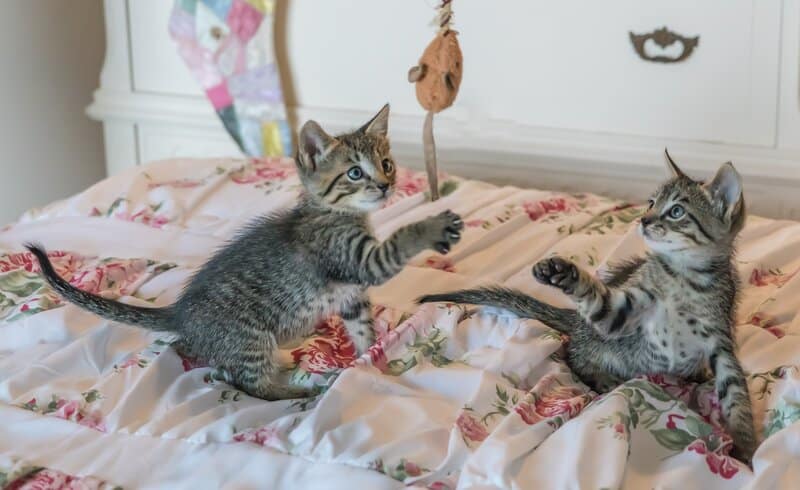
Don’t expect your kitten to concentrate on a training session if there are too many distractions around them. Other pets, the noise from the TV, or too many toys around for them to play with can all cause your kitten to lose focus.
Find a quiet place to train your kitten to help them succeed. Choose a room where you won’t be disturbed, or wait until the house is empty and free from distractions before starting a training session.
5. Train Before Mealtimes

If you’re using treats and positive reinforcement to train, your sessions will be most effective if you schedule them just before your kitten’s mealtime. Never let your kitten go hungry, but working in a short training session just as your kitten is starting to think about food means they will be focused on their treats and receptive to your training commands.
6. Consistency Is Key
Kittens will learn fastest and most effectively if you keep your training commands consistent. Switching between methods is likely to confuse them, and then it’s much easier for you both to get frustrated if they’re not picking something up as quickly as you might like. Using the same cues and signals during each training helps your kitten to know what to expect. It also makes it easier for you to build on commands—for instance, turning a “lie down” command into a “roll over.”
The one thing that you don’t need to be so consistent with is treats! Switching the type of treats that you use as rewards is a great way to maintain your kitten’s motivation and concentration. You can use a lower-value treat for easy commands and switch to a higher-value and tasty treat for new or more complex commands. You’ll soon figure out what treats your kitten will do anything for! However, remember that your kitty should only get about 10% of their daily calorie allowance in treats, so choose wisely, and look for low-calorie treats that can be offered in smaller pieces. A veterinarian can help you make the right choice.
Need veterinary advice but can't get to the clinic? Catster recommends PangoVet, our online veterinary service. Talk to a vet online and get the answers and advice you need for your cat without having to leave your living room — all at an affordable price!

7. Focus on One Skill Only per Training Session
Kittens have short attention spans, so don’t expect them to easily be able to switch between different commands and skills. Overloading them mentally by asking them to learn different skills during one training session may make them feel stressed.
If you are keen to teach them multiple commands at the same time, use multiple short training sessions within the same day, and dedicate each training session to practicing that particular command.
8. Don’t Punish Your Kitten
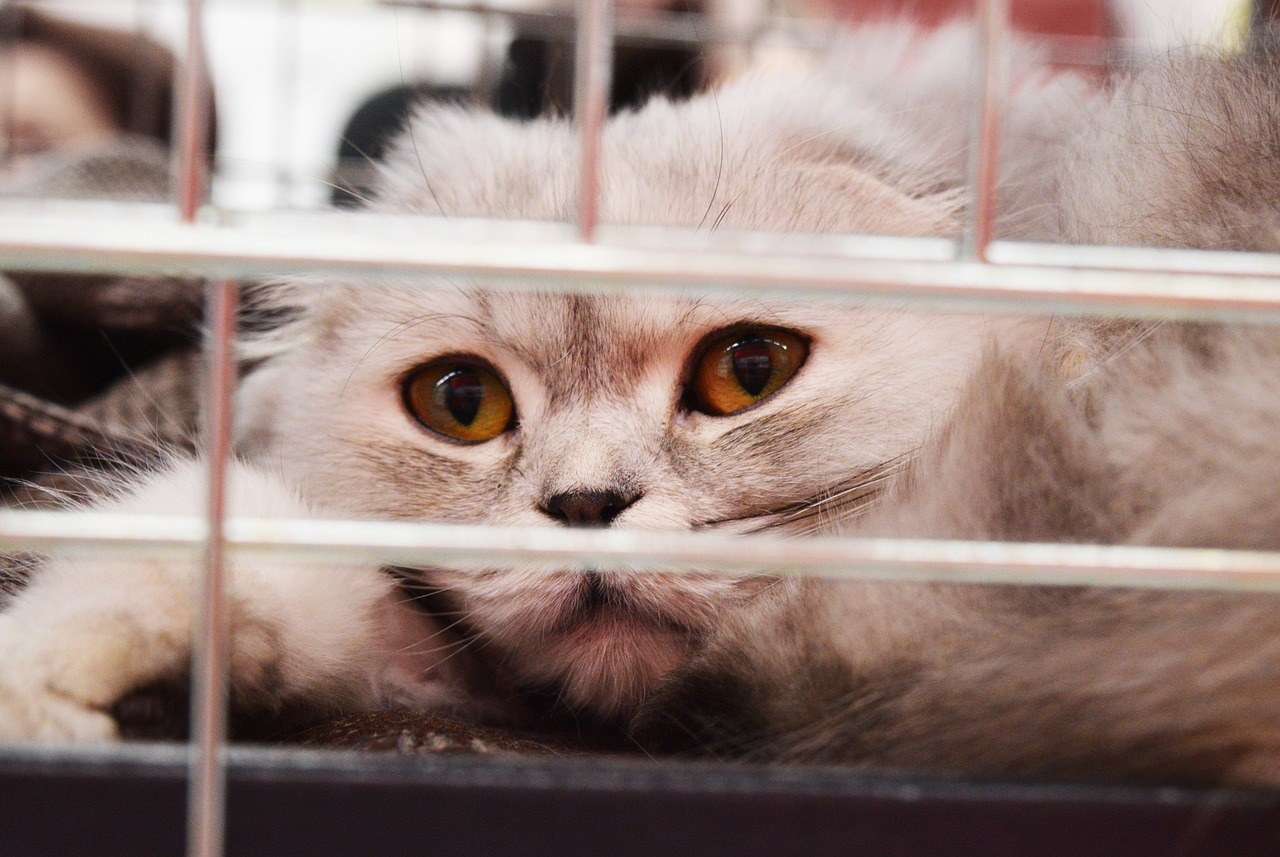
Never punish your kitten using verbal or physical methods. This isn’t an effective way to teach them not to do something and may negatively impact your bond with your kitten. Instead of punishing negative behavior, keep an eye out for positive behavior, and actively reward that instead. If you’re trying to teach your kitten not to jump on the kitchen counter, look out for opportunities to reward them when they’re playing nicely on the floor instead of shouting when they’re on the counter.
9. Repeat, Repeat, Repeat
The more often that you ask your kitten for a particular behavior and then reward them when they get it right, the more capable they’ll become at performing that particular trick. As you’re starting to teach a new behavior, make sure your kitten gets plenty of treats, and praise whenever they do what you’ve asked. As they become more skilled at each behavior, you don’t necessarily have to give them a treat each and every time, but you can switch to verbal praise or a quick tickle on their favorite spot instead.
10. Train in Different Places
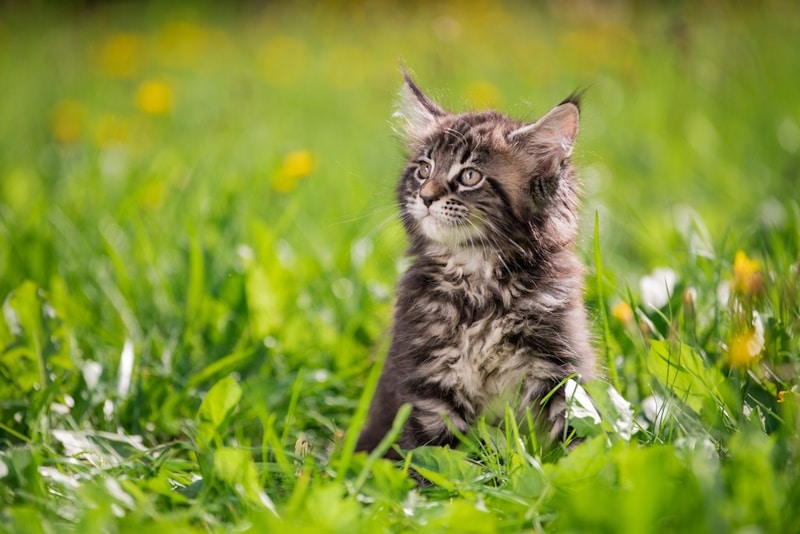
As your kitten becomes more skilled at performing certain commands, start to challenge them by asking them to perform these in different environments and circumstances. When first starting training for a new command, using a quiet room free from distractions is vital. Once you’re confident your kitten has mastered a new skill, ask them to perform the same command in a noisy room, outside, or with additional distractions, like other cats or people.
- See Also: 10 Tricks to Teach Your Cat: Easy & Fun

Conclusion
Training your kitty has its challenges, but it’s easier than you might think. Also, the sessions can help with bonding, thus making your relationship stronger. After you bring home your new kitten, use these tips to start a daily training regimen.
Featured Image Credit: OlgaOvcharenko, Shutterstock
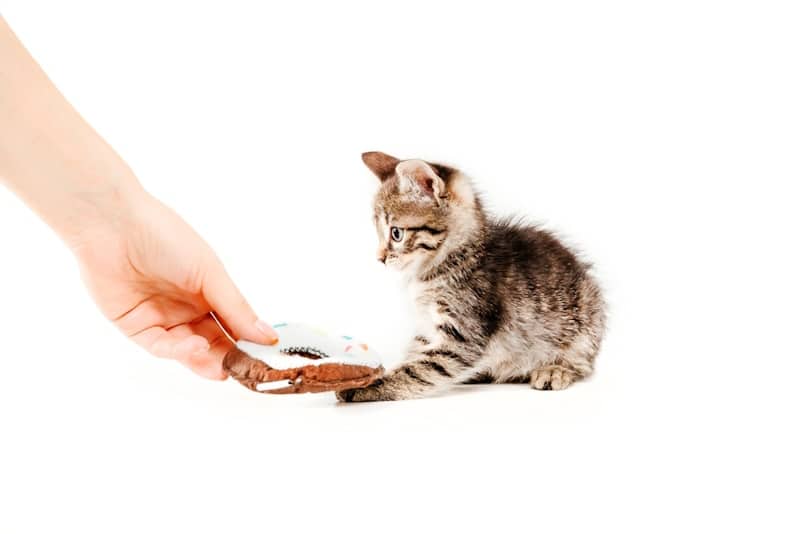






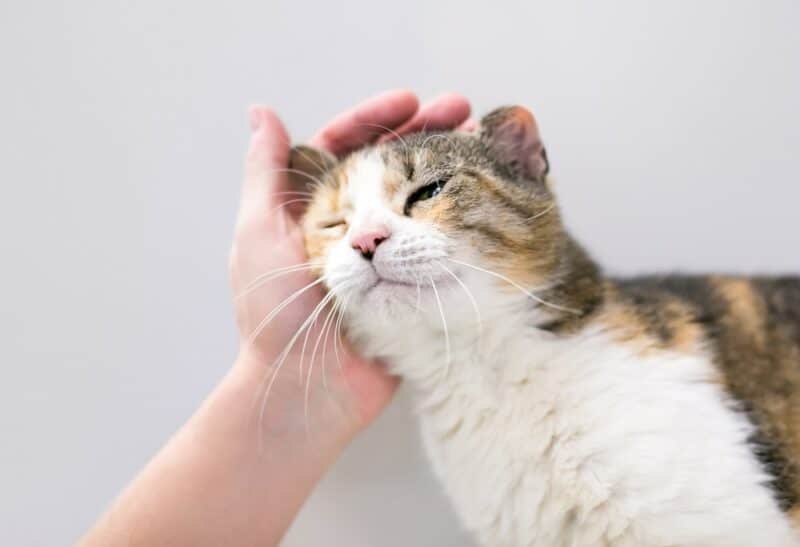

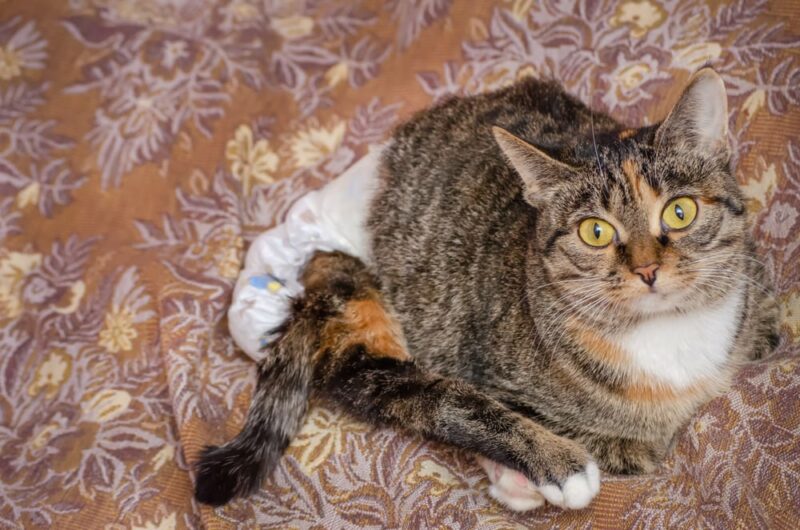








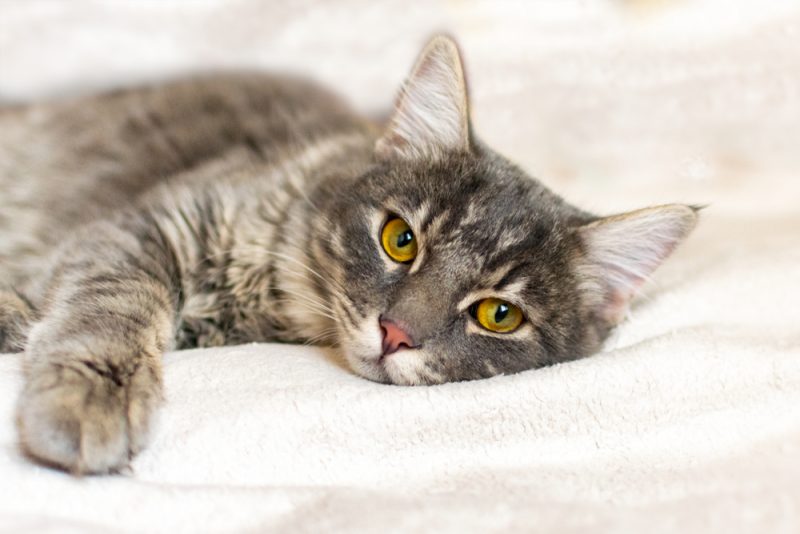



4 Responses
Do cats mourn for there mothers when they are taken away from them?
Hi Lyn,
Thank you for your question. Cats don’t experience relationships with their mothers the way humans do. As more independent animals, the bond between a mother cat and her kittens is quite different from a human parent-child connection.
Cats rely heavily on scent to identify one another. If a mother and her kittens are never separated, they may continue to recognize each other through smell. However, this doesn’t necessarily mean they will display affectionate behavior toward each other. By the time kittens are around 10 to 12 weeks old, the mother usually starts treating them like any other cat.
For more details, you might find this article helpful:
– https://www.catster.com/lifestyle/do-cats-remember-who-their-mother-is/
Please feel free to reach out if you have any more questions. We’re happy to help!
I have two 12 week old kittens. They were using the litter tray very well, then all of a sudden they are refusing to use it at all, I haven't changed anything at all, same litter, same trays, same place. I can't understand what has happened. How can I get them to use the trays again?
Dear Lyn,
Thank you for your question and sorry for a bit of a late answer. As kittens grow older, they become more independent and territorial. Cats usually don't like to share their litter box, and the rule of thumb is to have one per cat plus an extra one. Getting another litter tray could be a good way to start. If this won't help, try some of the tips and tricks mentioned in our other articles on this topic:
– Is Your Cat Not Using the Litter Box? 6 Vet-Approved Causes – https://www.catster.com/cat-health-care/cat-not-using-the-litter-box/
– Why is My Cat Peeing Everywhere All of a Sudden? 7 Vet-Reviewed Reasons – https://www.catster.com/cat-behavior/why-is-cat-peeing-everywhere-suddenly/
– 8 Common Litter Box Issues & How to Fix Them – https://www.catster.com/cat-health-care/cat-litter-box-issues/
– Cat Peeing in Front of the Litter Box? 14 Vet-Reviewed Solutions to Try – https://www.catster.com/cat-behavior/cat-peeing-in-front-of-the-litter-box/
Just copy and paste the desired URL into your browser.
If nothing mentioned works, we would recommend you schedule an appointment with one of our vets at www.PangoVet.com for personalized advice.